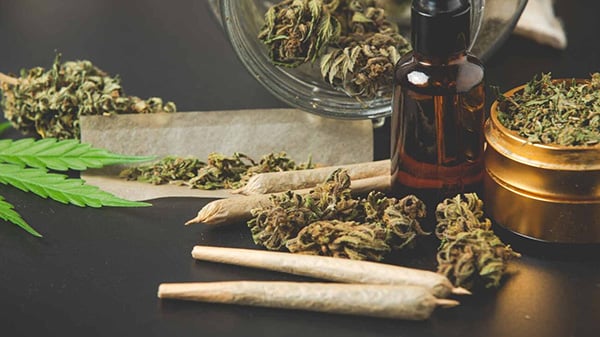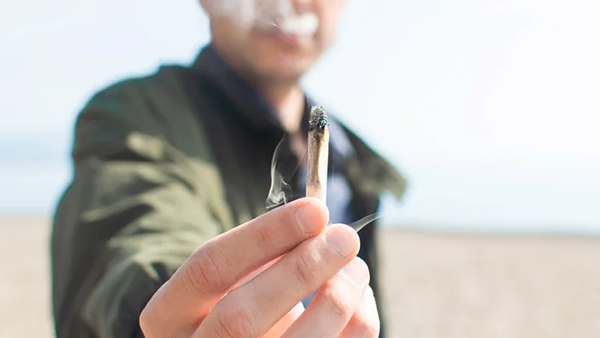Popular Marijuana Myths Debunked

Popular Marijuana Myths Debunked

You've probably heard these #fakenews myths brandished by right-wing media or anti-cannabis activists.
How they started is one thing, but why they continue is another. Fake news has become commonplace over the past few years, but some myths persisted even before the digital world emerged. So let's look at the three biggest cannabis myths and see if there are any facts behind the claims.
Marijuana is a gateway drug to addiction

According to science, most people who smoke marijuana don't go on to use other "harder" substances. Alcohol and nicotine prime the brain for a stronger response to other drugs and, like marijuana, are also often used before people progress to other more harmful substances.
Research conducted by the federal government has found that marijuana is actually no more addictive than caffeine. In fact, the addiction rate for marijuana is significantly lower than for alcohol and tobacco.
As for whether marijuana users will eventually go on to shoot up heroin - that's very unlikely. Studies have shown that alcohol and prescription painkillers are the real gateway drugs.
Opioid use disorder and opioid addiction remain at epidemic levels in the U.S.
Former U.S. Attorney General Loretta Lynch said, "When you see someone with a heroin problem, it usually starts with a prescription drug problem. Perfectly legal stuff. Something in every medicine cabinet. Something prescribed by a doctor in good faith.
Legalizing marijuana won't stop the drug cartels
Marijuana is legalized as a recreational drug in 23 states and for medical use in 40 states as well as all of Canada. According to The Washington Post, and contrary to some media narratives, marijuana trafficking is declining. Before legalization, it was a cash crop for drug cartels but not anymore. To compensate, drug gangs are now more focused on selling fentanyl, heroin, and methamphetamine.
In fact, as the GOP is well aware, legalizing cannabis does stop the drug cartels. Only last week, four Republican senators who oppose legalization acknowledged that the policy change had disrupted illegal sales by drug cartels. On Monday, Senators Bill Cassidy (R-LA), Marco Rubio (R-FL), Ted Budd (R-NC), and Bill Hagerty (R-TN) wrote to FDA Commissioner Robert Califf making the case for the legalization and regulation of controlled substances.
They urged the Food and Drug Administration (FDA) to reconsider plans to ban menthol cigarettes and set nicotine content limits, arguing that bans and strict regulations could benefit illegal trafficking. The main point was to express concern about the FDA's proposed menthol cigarette ban, which the senators said could "empower" transnational criminal organizations (TCOs) "to take advantage of the black market opportunities that such policies could create."
Interestingly, some reports suggest that U.S. marijuana is now being shipped to Mexico. It seems the tide has turned, but there is still some illegal marijuana activity in the United States. However, these crimes stem only from fluctuations in state laws. Once the federal government ends marijuana prohibition, the criminal organizations involved will be virtually stopped. After all, no one is profiting from pirated beer these days.
Drunk driving is no different than driving stoned
There is no doubt that drunk driving endangers public safety. In Canada and the United States, alcohol is responsible for more than 14,000 deaths each year. Researchers at the University of Chicago Pritzker School of Medicine are working to create a self-assessment tool for people who are on the fence about whether they are too stoned to drive, and they have been trying to figure out how marijuana affects an individual's performance. But the team has had some difficulty in determining the effects of the drug on "vigilance and judgment." The test subjects seemed to be "generally aware" of how high they were.
This is not to say that driving while stoned is safe, but it just highlights that people who are high on cannabis are more self-conscious of the drug's debilitating effects when it comes to driving than people who are under the influence of alcohol.
There is also evidence that long-term marijuana users generally suffer less impairment while driving than those with lower tolerance. The difference between alcohol and marijuana impairment has made it difficult for the scientific community to develop effective test devices to measure driving while stoned.





